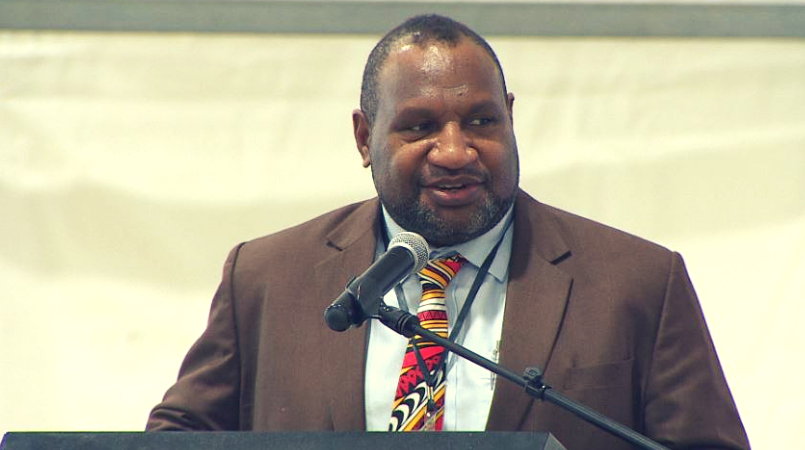
The government is serious about tackling the deep-seethed problem of corruption in the public sector.
Their approach would include placing people in strategic places and amending and creating laws and policies to enable the public services mechanism to flow freely.
At the recent launch of the 2019 Corruption Perceptions Index Report by Transparency International PNG, Prime Minister James Marape stressed on the importance of the Independent Commission Against Corruption and the Whistle Blowers Act.
Notable changes that are coming in place to alter the corruption perceptions of PNG include the setting up of an Independent Commission Against Corruption and the formulation of the Whistle Blowers Act. However, the Prime Minister said there are systems already in place to avoid corruption, but are being ignored.
“Our present legislative structure also has provisions of fighting against corruption,” stated the PM.
“But our society and every player in our country haven’t been strongly, if not reporting corruption and those that have reported corruption haven’t been able to stand up in the face of prosecution to prosecute reports that have been made.”
ICAC and the Whistle Blowers Act will give the necessary protection to those who want to report on corruption to ensure that corruption is not only reported but is prosecuted right through, until conviction is secured for those who are perpetrating corruption.
There will also be reforms and changes in the resource sector laws and some of the reforms in service delivery and raising revenue for the country. However, the Prime Minister said all these would be in vain if leakages in the systems are not secured.
“We will bring on board both ICAC and WB Act this year, I can’t pre-empt the Parliament calendar…Whistle Blowers Act will need to be tightened a little bit but will come at the back end.”
Prime Minister Marape said the tightening of the Whistle Blowers Act will give a balanced view inside, to give protection to those identifying and reporting corruption but also allowing for penalty for those who just want to abuse the system.
